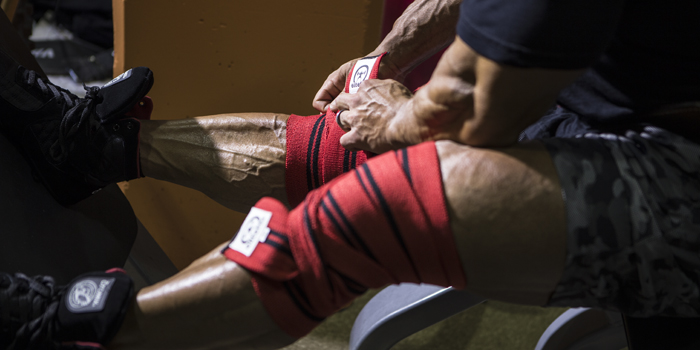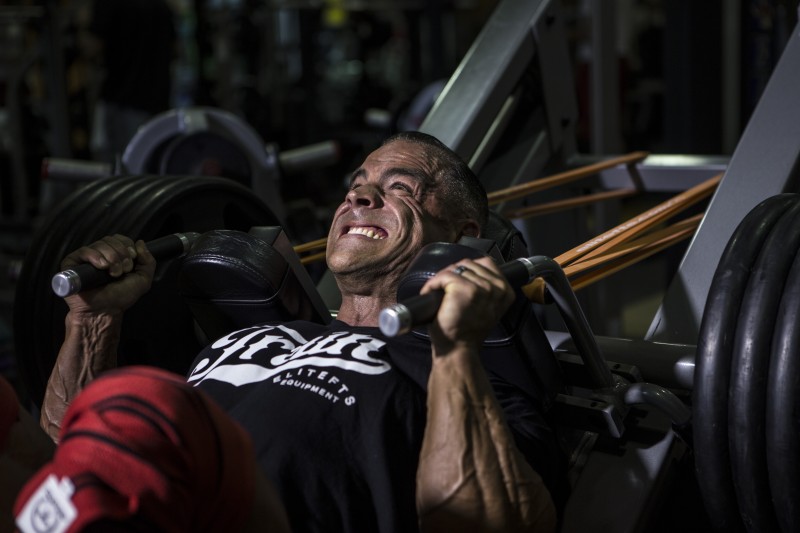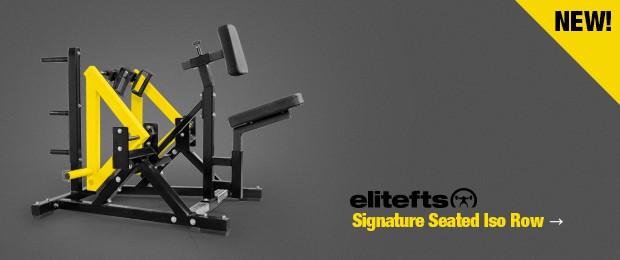
Utter the word "espionage" and most Americans think of spies, wiring tapping, and secret satellites peering down from above — or more specifically the FBI, NSA, or CIA. Yet, things like phone tapping and email hacking merely represent the tools and techniques used to collect information. These tools and techniques do not constitute good intelligence in and of themselves. In fact, good information only leads to good insight when filtered through the right lens, or thesis, coupled with experience.
Since the months leading up to the presidential election of the POTUS to today, official intelligence reports and unofficial leaks have permeated the news headlines. The president and other top ranking politicians base decisions and rely heavily on the intelligence gathered and deciphered by our various intelligence agencies. The process of data collection, creating a thesis in which to interpret the data, and distilling it down to useful insight is not too far removed from the development of sound training protocols.
Information
Spying overtly or covertly happens all the time in the modern age of fitness. The internet and social media provide a massive information trove in which to gather and/or rip off information. However, collecting data is only one facet of intelligence. All the information in the world won’t necessarily translate into good intelligence. We need not delve too far into our own intelligence community’s past to see the errors of information lacking insight and proper interpretation. In the rearview, it resembles propaganda more than intelligence.
RECENT: Bench, Squat, and Deadlift Alternatives for Bodybuilding
Consequently, training data provides value to the coach or trainee in so far as it offers feedback. Narrowing in on the specifics can leave you focused on the trees while missing the forest. Properly piecing together the information and making adjustments to achieve the desired outcome often requires a thesis in which you expect X effort properly applied to attain Y result.
Thesis
If information represents the puzzle pieces, then in the absence of a complete picture, the development of a thesis of what the picture looks like is important to arrive at the right conclusion. This is particularly true if time is of the essence to complete the puzzle. This same logic holds water in relation to training.
Regardless of how many YouTube videos you watch of John Meadows performing exercises, you won’t fully grasp his big picture approach to a 12-week training program. I often witness guys who pick and choose aspects of various training methods and throw them together expecting exceptional muscle gains. It’s like knowing the ingredient list for baking exceptionally delicious cookies, but not knowing the proper measurement amount for each ingredient.
The problem is that information without insight proves useless, hence the reason a thesis is needed to help align the data. Great intelligence directors and trainers alike know the right questions to ask based on a thesis rooted in experience. They’re also flexible enough to humbly accept when their thesis proves inaccurate and change course.
Experience
The biggest US intelligence failures have occurred when the men leading our intelligence departments cut their teeth as bureaucrats rather than field agents. While perhaps skilled at the management of people, tasks, or data organization, they lacked the gut instincts and experience acquired through years in the trenches.
Personal, real-world experience may not always be indicative of the effectiveness of a coach. However, how many genetically gifted competitors have you seen win contests only launch their online training businesses? The most seasoned coaches I’ve met hit roadblocks and experienced failures multiple times, either personally or with clients. The ability to learn from mistakes born out of an incorrect thesis sets them apart with authentic and invaluable experience.
Insight
Science, intelligence reports, and training programs all require a thesis whereby assumptions are made on the path to turning raw information into good insight. The general consensus for acting US presidents post-WWII hinged on not losing the Cold War. Yet, Reagan didn’t accept the status quo of passing the problem to the next administration. He wanted to win the Cold War.
William Casey, Reagan’s acting Director of Central Intelligence, began asking where the Soviets were weak. It took time to answer the question because nearly every prior administration focused on Soviet’s strengths: missiles, tanks, nuclear weapons, etc. The vulnerabilities uncovered included an imploding economy, which Reagan exploited. In six years the Berlin Wall fell. Shortly thereafter the Soviet Union ceased to exist.
My coach, John Meadows, is like a great director of intelligence. He’s acquired the information, continues to refine his theses, and gained an extensive amount of experience through competitions personally and via guiding others. These represent the qualities necessary to turn information into good insight, the likes of which win Cold Wars and IFBB Pro Cards.











